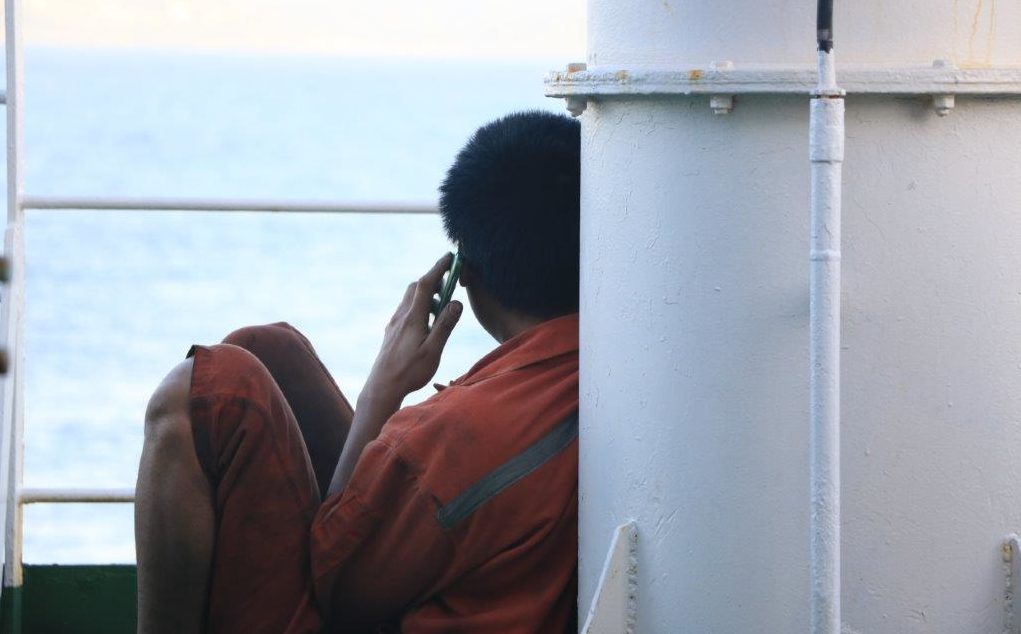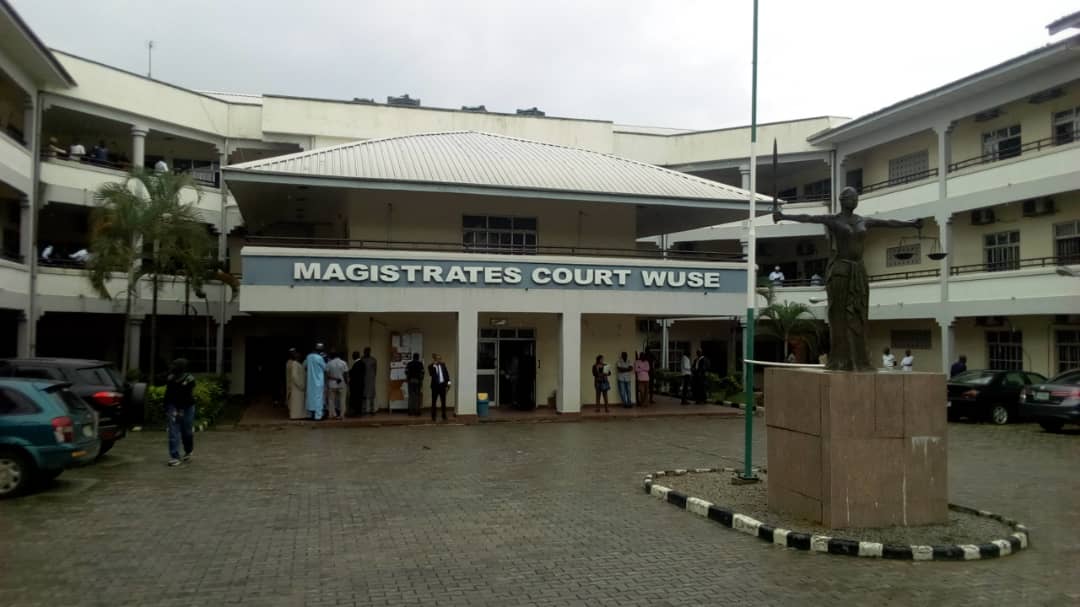New report finds ‘alarming’ amount of global merchant fleet still has no internet access

As much as 13% of the global merchant fleet has no internet access, a new survey has found.
Ideal, a British ship inspection company, has just launched a social impact report, which draws on data from more than 13,0000 vessel inspections over a 17-month period through to September last year, providing unprecedented transparency into the real-world working and living conditions experienced by seafarers across the global maritime fleet.
Among key findings were the poor access to internet across much of the global fleet. Idwal described the 13% stat as “alarming” and “extremely disappointing”.
“The fact that such a significant percentage of vessels are without internet access seems anachronistic in an industry now more connected and data driven than ever. Such a lack of basic connectivity exacerbates isolation and creates crew welfare issues,” the authors of the report stated.
Over half of vessels surveyed do provide free wifi for crew, although most come with limited bandwidth and download allowances. 12.5% of vessels surveyed offer unlimited free internet.
“Access to email, messaging, calling and internet is vitally important for seafarer morale, wellbeing and links to family. Poor connectivity contributes to isolation from family and life at home,” the report observes.
Idwal is urging for more resources to be invested in IT infrastructure and airtime costs to enable free, unlimited internet as a basic crew welfare standard pointing out that affordable unlimited wifi is more available today than it ever was before thanks to LEO services like Starlink.
Hong Kong’s Anglo-Eastern was one of the early adopters of Starlink among the global shipmanagers. The company’s CEO, Bjorn Hojgaard, argued last year that Starlink – and other new satellite offerings such as OneWeb and Project Kuiper – will change life onboard in a way never experienced in the history of shipping.
“Soon seafarers will be always-on, enjoying the same connectivity that we ashore have been used to. The ship will become a seamless extension of the office, where members of the team just happen to be closer to the machinery,” Hojgaard commented.
In a bid to grab an even greater market share, a number of Starlink’s authorised resellers have introduced a special deal this year whereby any ship with a registered IMO number can get two months free five terabyte-a-month mobile priority service to trial the new technology.
Limited internet access often sees ships alter course so crew can get access to shoreside connections. Such voyage changes of course in pursuit of a wifi signal can result in disaster – most famously with the grounding of the Wakashio newcastlemax bulk carrier four years ago, an accident that sparked the worst environmental disaster in the history of Mauritius.
The report from the Panamanian ship registry into the accident found that the crew were celebrating the birthday of a crewmember on the day of the accident and the decision was taken to get nearer to shore to find a wifi signal so he could phone his family. The officer on watch was likely distracted by his mobile phone as the ship bore down a reef off Mauritius, with the officer failing to keep five miles from the shore as had been stipulated by the master.




